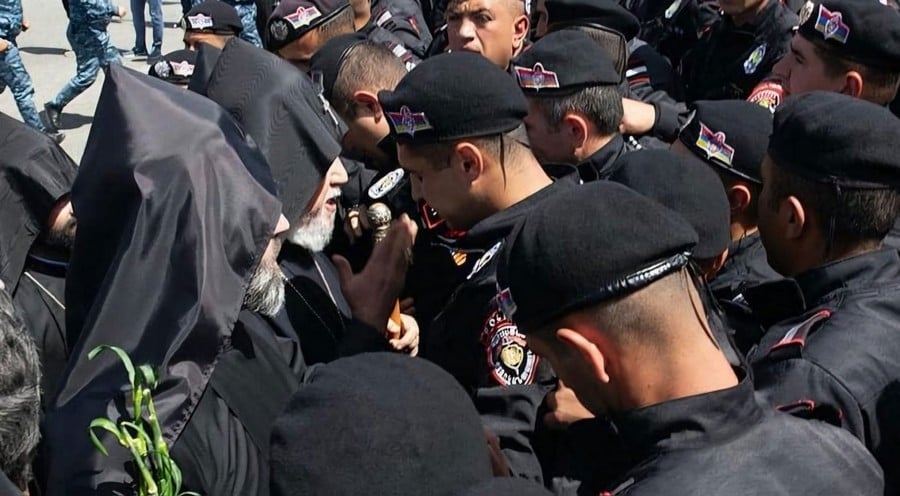We Christians differ in the way we serve, not in how close we are to God
Hegel, who sought to apply his famous triad—thesis–antithesis–synthesis—to all phenomena of reality, extended this framework to religion as well. His thoughts on the subject were compiled by his students in a series of lectures known as The Philosophy of Religion. The German philosopher applied his dialectical method specifically to the Holy Trinity.
In this schema, the “kingdom of the Father” represents the existence of God before the creation of the world—a realm of pure logical categories. The “kingdom of the Son” is the created world: not just nature, but spirit. Christ dies in this world and is reborn into the “world of Spirit”—the synthesis of the previous two—resulting in a spiritual community of believers united by moral principles.
That community is the highest expression of spirit: it is the Church. The word itself—ekklesia in Greek, ecclesiam in Latin, Gemeinde in German—means “community”: a moral union of believers.
Read also
But rulers of this world tend to see the Church differently. To them, it is an institution—a kind of government office, a ministry where officials are to be appointed to manage the nation’s “spiritual life.” In this sense, they expect the Church to mirror the state. This is not a new idea. In medieval Europe, the conflict over investiture—who had the right to appoint bishops, the Pope or the king—sparked serious clashes that went far beyond theological debate.
In this regard, Armenia’s current authorities are no different. Yet since they habitually disguise their ambitions behind the word “people,” they do not demand outright, “Let us appoint the bishops.” Instead, they declare, “Let the people choose the clergy,” by which they mean their own followers. But as has already been said: the Church is already the people. So to call for “returning the Church to the people” is nonsense. You cannot return the people to themselves.
This misunderstanding stems from the belief that the Church is structured like the state, in a vertical hierarchy—government, ministries, departments, and so on. In reality, the Church is, by its very nature, non-vertical. There is no hierarchy among the faithful. A priest is not closer to God than I am, nor is a bishop, nor even the Catholicos. In this spiritual sense, we are all equal.
Our only differences lie in the form of our service. And that does not mean that laypeople (a term I dislike) are not also called to serve—in the sphere and to the degree we have been entrusted with. Of course, we all serve imperfectly. We fail, we sin, we fall short. That must be acknowledged.
But when government officials start talking about these shortcomings—not to reflect, but to attack—when they threaten to use the state apparatus to investigate who is celibate and who is not, that is a violation. It is the intrusion of a vertical, authoritarian structure into a horizontal, spiritual one.
First, such actions are plainly illegal and violate the Constitution. Second, they disturb the already fragile balance of society and provoke new tension in an atmosphere already poisoned by it. But of course, that is precisely the government’s aim.
Aram ABRAHAMYAN



















































